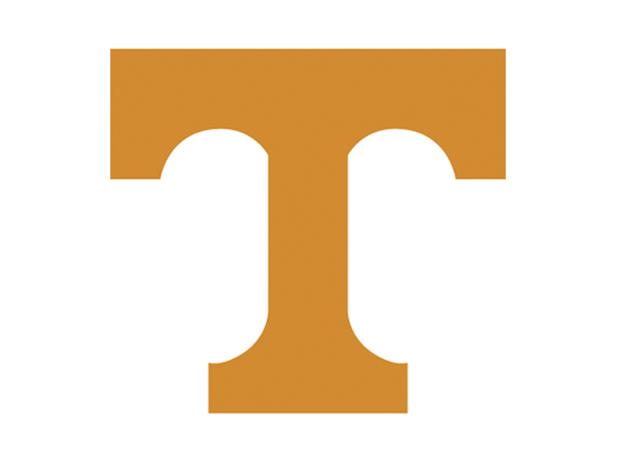KNOXVILLE - University of Tennessee fraternities are implementing sweeping reform recommended by a Greek life task force that urged a change in culture.
The changes follow embarrassments that resulted in two UT fraternity chapters closing. The one that garnered most attention was an incident at the former Pi Kappa Alpha chapter house where members were found intoxicated after one was brought to a hospital emergency room passed out.
A police investigation said a wine enema was the cause of the extremely intoxicated 20-year-old's condition, which became fodder for late night television humor.
The university closed the fraternity and a second one, Phi Gamma Delta, has also shut down its UT chapter.
The chapter adviser for Sigma Phi Epsilon, Kelly Williams, told the Knoxville News Sentinel it was time for change.
"The need was there, obviously, to try to work toward a change in the culture, but that was the one event that brought attention to it more than any other," Williams said. "There's been a concerted effort, especially here in the last several months, to work with the university to implement the recommendations in the task force, but also to impact the culture among the students at the university."
A 20-something college graduate will soon move into the Phi Sigma Kappa house as the chapter's first house director in more than a decade, putting that house in the vanguard. All fraternities are to have a live-in house director by the fall of 2014.
Other changes being put into effect are requiring a 2.75 grade point average for fraternity membership and hiring extra weekend security in the campus Fraternity Park.
Police records show that in the last five years, 14 UT fraternities were sanctioned 30 times, tallying 68 violations that include alcohol abuse, physical abuse, hazing and nudity.
Dale Akins, president of Phi Sigma Kappa's housing corporation, said the role of the house directors will be supportive, but well-defined.
"We're trying to take the liability issue and contain it a little bit," said Akins. "And to help these guys understand that we're there to support you, not tell you what you should or shouldn't do.
However, the director will call police if he sees something illegal or dangerous occurring. He will take lesser concerns to chapter officers to deal with.
A proposed "good Samaritan" policy would need legislative approval, said Jeff Cathey, associate dean of students.
It would allow amnesty for drunken students and their friends who need medical help. That change would have to become part of the student handbook, which is approved by lawmakers.

